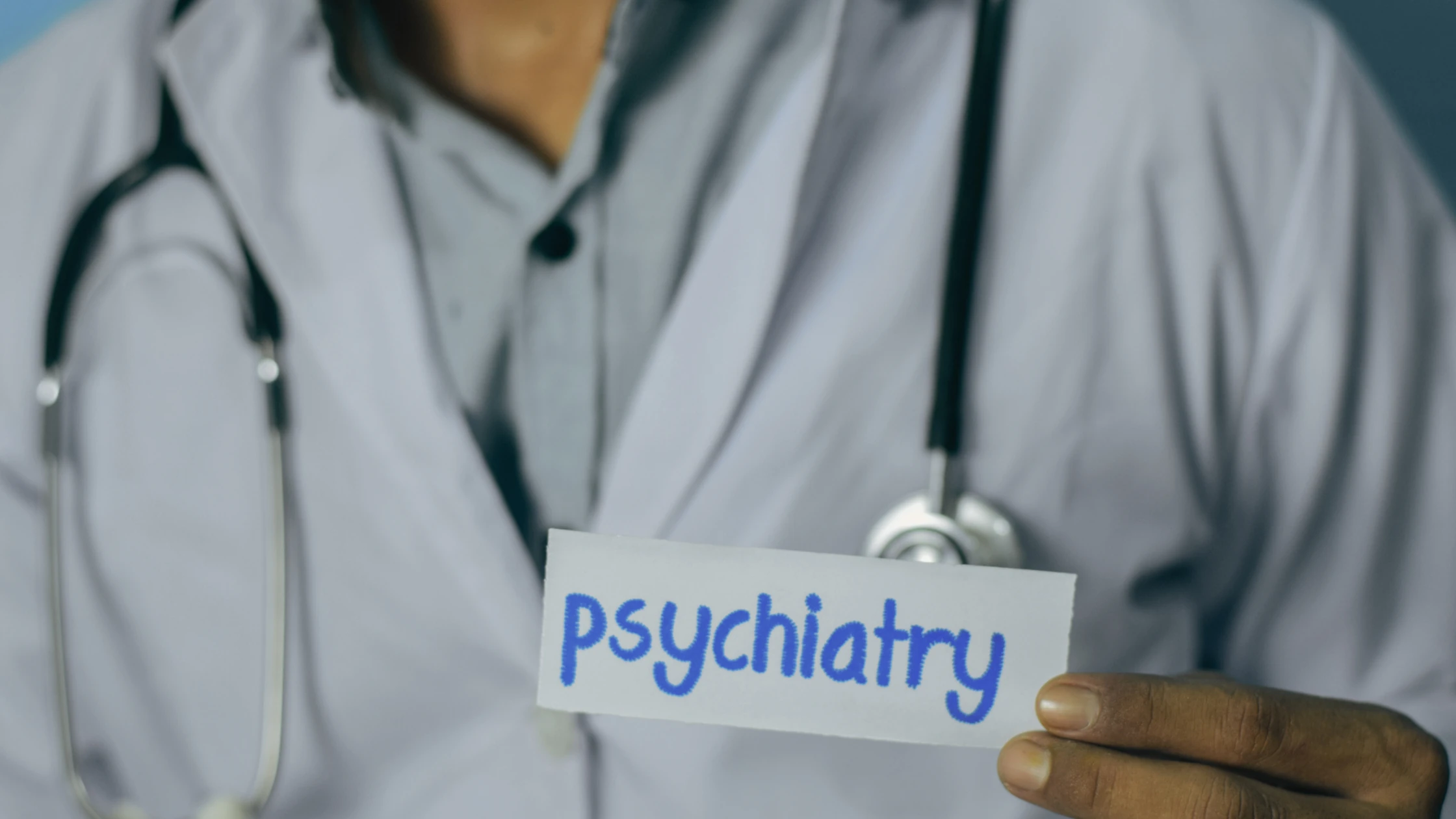How to Get a 90th Percentile Score in Your Psychiatry Shelf

7240 Views
Most medical students will take NBME Clinical Science Subject Exams, or “shelf” exams at the end of a clinical rotation. Depending on your medical school, there may be different score or percentile cutoffs for passing and honors grading. While the grading system at each medical school is unique, a 90th percentile score on a shelf exam is widely held as excellent. In this post, we’ll explore the strategies and tips you need to achieve a 90th percentile score on the psychiatry shelf exam.
First things first, let’s review the exam format and grading. Similar to other shelf exams, the psychiatry exam is 110 questions to be completed in 2 hours and 45 minutes. You will take the exam in one block, there are no separate blocks like USMLE Step 1 or 2 exams. Based on Texas Tech School of Medicine, a 90th percentile score for the psychiatry shelf exam corresponds to 91-92% correct answers, making it a critical benchmark for students aiming to excel. If you are working towards a 90th percentile shelf score, you should be aiming for higher than 92% correct.
During Your Psychiatry Rotation
The most important factor to achieving a high percentile score on your psychiatry shelf is creating a study plan early that works with your clinical rotation schedule. Once you know your clinical site location and hours, take a moment to review the time you have to study and the resources that you have available to you. Plan to finish the psychiatry shelf question Uworld Qbank about 1-2 weeks before your clinical rotation ends with time to re-do incorrect questions. Incorporate spaced repetition into your study schedule using tools like Anki to reinforce your learning. Complete and thoroughly review all three available practice NBME shelf exams to gauge your performance and identify areas for improvement.
Maximize your patient interactions during clinical rotations by actively learning from each case. Some questions you should ask yourself with each patient case:
- What is my patient’s diagnosis? Which speicifc symptoms do they exhibit and which diagnostic criteria do they fulfil (ex: SIGECAPS for depression, DIGFAST for mania)?
- What medications is my patient taking? What class of medicaitons does this medication belong to? What side effects are we monitoring for in the patient?
- If in-patient: why is this patient hospitalized? What needs to happen before they can go home?
- If out-patient: how is this person functioning? What kinds of symptoms or behaviors are impairing their daily function?
High-Yield Concepts for the Psychiatry Shelf
Outside of clinical hours, maintain consistency with qbank practice questions and spaced repetition to reinforce high-yield psychiatry shelf concepts. Pay special attention to the following high-yield psychiatry shelf concepts during your clinical rotation and study time:
- Psychiatric medications: indications, mechanism, monitoring, and high yield side effects.
- For example, antipsychotics: understanding extrapyramidal symptoms, their presentations, and appropriate treatments is crucial.
- DSM-5 diagnostic criteria for psychiatric disorders, with emphasis on differentiating similar conditions.
- Psychiatrics disorders vs normal development or functioning (ex: developmental separation anxiety vs separation anxiety disorder, normal memory changes in aging vs dementia).
- Symptoms of substance use disorders and withdrawal, recognizing when medication therapy is appropraite.
- Key signs to assess whether a patient has decision-making capacity, a frequent topic on the psychiatry shelf exam.
- Differentiating between psychiatric and neurological disorders (ex: major depressive disorder vs hypothyroidism).
- Recognizing and treating psychiatric emergencies: seratonin syndrome vs neuroleptic malignant syndome. It is also helpful to consider these both in the context of malignant hyperthermia and how you would distinguish them.
As you work towards achieving a 90th percentile score on the psychiatry shelf exam, remember that consistent effort and strategic studying are key. For additional tips and strategies, check out our related blog post, “7 Ways to Ace Your Psychiatry Shelf Exam” which offers actionable insights for excelling in psychiatry. If you’d like to learn more about our tutoring services and how they can support your success, schedule a consultation to learn more about how we can help you succeed!
Featured Articles
